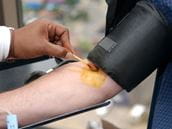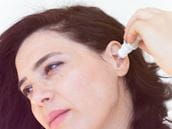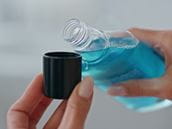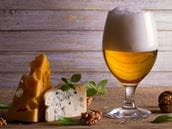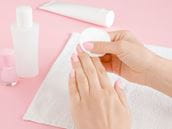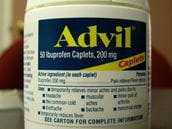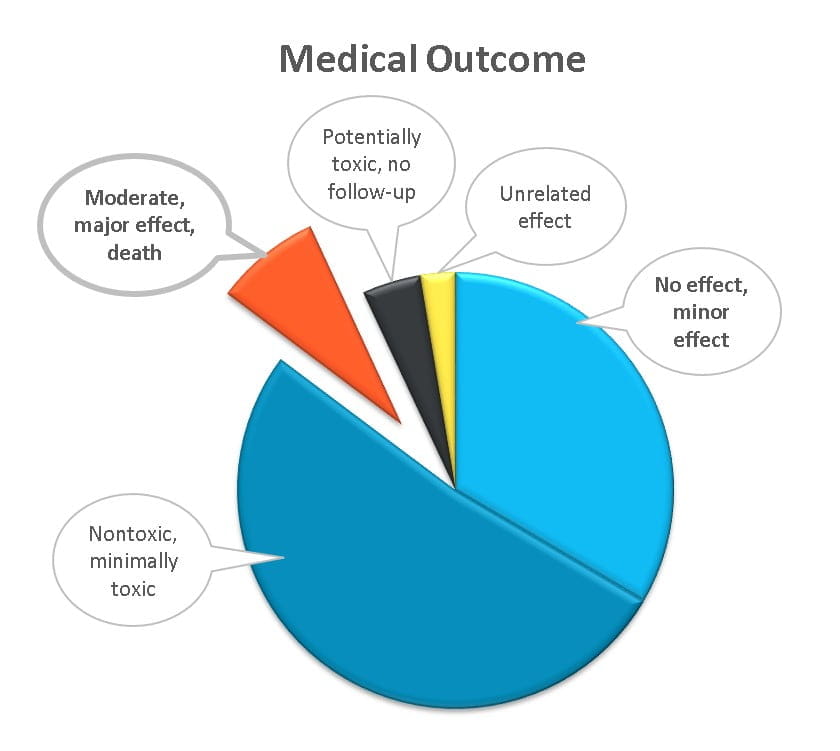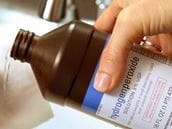
Is Hydrogen Peroxide Safe?
Hydrogen peroxide is a highly reactive chemical available in several concentrations. Exposures to small amounts of household (3%) hydrogen peroxide usually only cause mild irritation. Higher concentrations can cause burns. Rarely, life-threatening effects can occur when oxygen bubbles from hydrogen peroxide travel to the circulatory system and block blood flow to tissue.

